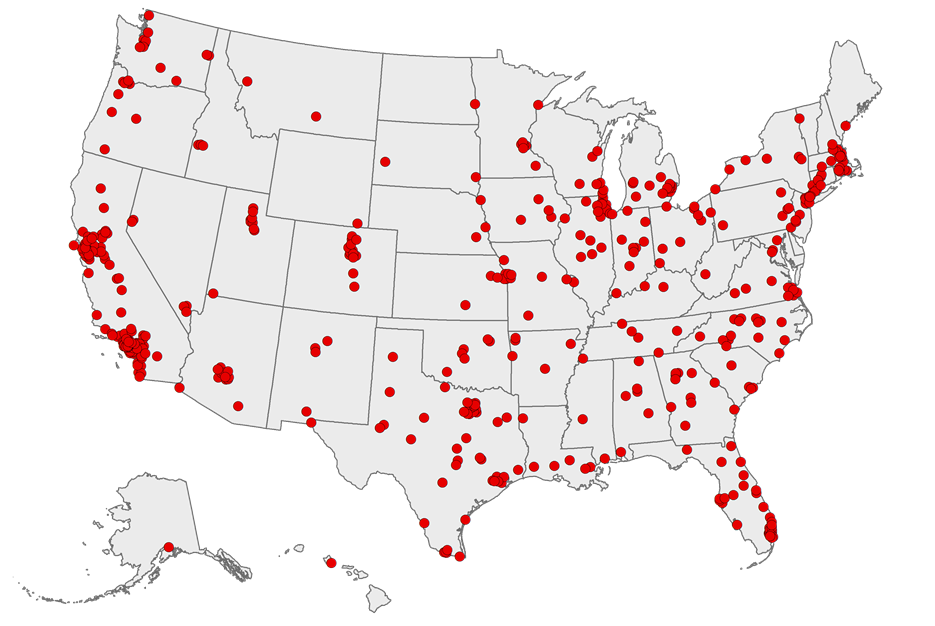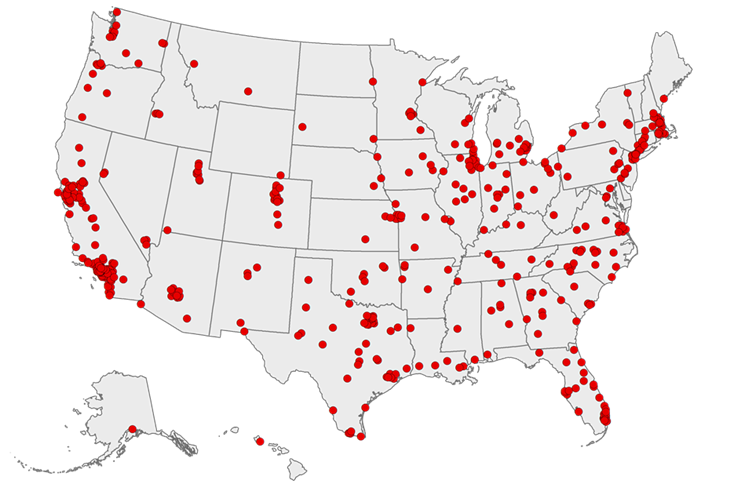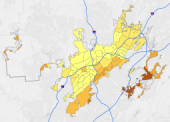The 500 Cities project is a collaboration between CDC, the Robert Wood Johnson Foundation, and the CDC Foundation. The purpose of the 500 Cities Project is to provide city- and census tract-level small area estimates for chronic disease risk factors, health outcomes, and clinical preventive service use for the largest 500 cities in the United States. These small area estimates will allow cities and local health departments to better understand the burden and geographic distribution of health-related variables in their jurisdictions, and assist them in planning public health interventions. Learn more about the 500 Cities Project.

View data by measure
Select a measure to view data for the 500 largest cities in the United States and their census tracts.
Measure definitions(https://wwwdev.cdc.gov/500cities/measure-definitions.htm)
Download the 500 Cities Data
Go to the 500 Cities Data Portal to download the data, create a custom report, customize visualizations, and more.
Related Links
-
Webinar Recording: 500 Cities Project
The Robert Wood Johnson Foundation hosted an informational webinar on the 500 Cities Project on June 30, 2016.
-
Programs and Interventions
More information about interventions and related efforts.
Local Data Widget
A widget is an interactive web tool that displays the featured content directly on your web page. You can embed content in personalized home pages, blogs, and other sites. Once you’ve added the widget, there’s no technical maintenance. CDC.gov will update the content automatically.
- Page last reviewed: September 1, 2017
- Page last updated: September 1, 2017
- Content source:


 ShareCompartir
ShareCompartir


